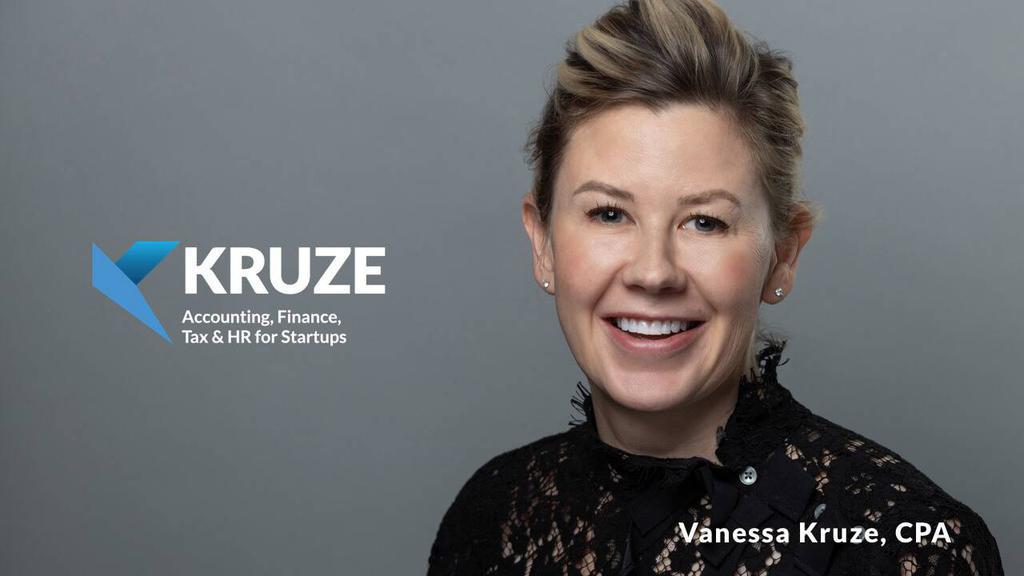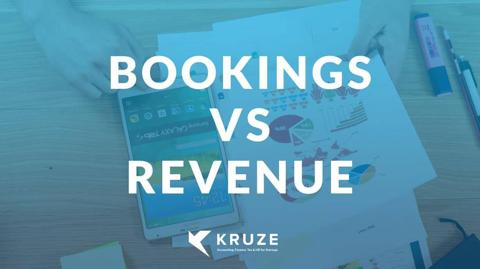
Hiring a cheap bookkeeper can get really expensive if the accountants aren’t experienced with the intricacies of working with rapid-growth startups. For example, if you run into issues during the due-diligence process as part of a fundraising or acquisition event. Here are our top 10 questions that can help you make the right decision.
If you at some point are planning on raising funds for your company, keeping the books in a way that makes reporting and keeping your data room and due diligence packages in good working order can save you weeks - if not months - of time. For ambitious startups, having your financials easily accessible and ideally compliant with generally accepted accounting principles (GAAP) shows that you know what you are doing.
Interviewing your bookkeepers is crucial. You aren’t out to trick your potential bookkeeper, but asking smart questions and listening carefully to the answers goes a long way towards making a good decision. When you ask a question, let them answer fully and comprehensively; how they think about and answer your questions can help you figure out whether they are a good fit, skills-wise and with your company culture.
Here are five questions that will help you separate the chaff from the wheat.
1 - Do we get a dedicated accountant? How do I communicate with them?
A lot of bookkeepers and accounting firms work with ‘pool’ accountants, or a system where whoever is free picks up questions that come in from you. That’s not a bad idea for speed, but the last thing you want is to have to explain the basics of your business whenever you contact your accountants - a good, dedicated CPA, or at least a great account manager who understands your business is a key to a good working experience.
A second item to look for is a phone number on the accounting firm’s website. Even if you never plan to call your accountant yourself, the absence of a phone number is a glaring give-away: Providers who don’t make their phone number publicly available tend to not want to talk to you about your accounting needs and problems. Knowing that you can talk to them if needed can be a huge stress reliever - particularly since you likely need to communicate live with your accountant at stressful moments (such as during a fundraising event or M&A due diligence).
2 - Do you do my taxes, or do you outsource it?
You may be surprised to hear this, but some bookkeeping firms don’t have qualified accountants on staff, or rely entirely on outsourced accounting resources. For them, that’s a great way to cut costs, but for you, it means that you expose yourself to significant risk. If you’re about to be acquired by a major public company, they will subject you to deep scrutiny to ensure your acquisition doesn’t come with extensive tax liability as part of the deal.
To ensure the best combination of flexibility and speed, optimize for an accounting firm that can do the vast majority of the accounting work in-house.
The extension of this: Make sure that if they do outsource work, that they have trusted partners for the more specialized work, such as 409A valuations or international tax questions.
3 - How experienced are your accountants?
Qualifications and certifications go a long way, but when the rubber hits the road, nothing beats experience. A lot of accounting firms cut corners by hiring accountants fresh out of school. Again, it’s a great way for them to save money, but ‘cheap’ accounting work can get extremely expensive for your company.
Ask what the average experience is for accounting professionals at the firm you are talking to, and if they know who your point of contact is, ensure that they have plenty of experience. 5+ years of experience in the accounting field is the absolute minimum - we would recommend aiming for 10+ years of experience.
Remember that if your dedicated accountant is the only experienced person on staff, they won’t be able to lean on their colleagues - so even if you get the one accountant with ten years of experience, you may end up drawing the short straw.
4 - What is the relationship between bookkeeping and accounting? What is the workflow between the two?
In some firms - and especially if the company you’re talking to is working with outsourced accountants - you may end up with details getting lost in translation. In particular, it’s good practice to ensure that everybody is working in the same tools, instead of exporting and importing between different parts of the workflow.
It’s too easy for things to fall out of sync, and tidying up the accounts later gets extremely painful.
5 - Do you have experience with fundraising and M&A activity?
Most of the time, your accounting firm will deliver monthly reports on a regular schedule. That’s great, but there are instances where you need more information or custom reports much faster. In the world of startups, this comes up especially often when you are in a fundraising process, or if your company is in the process of getting acquired. As an ambitious startup founder, you’ll want an accounting firm that works with VC-backed startups and has a lot of exit experience.
You don’t want your accountants to learn how to put together good due diligence packets for your data room on your dime - it costs a lot of time, which may end up costing you a fundraising round or an exit!
6 - How well do you know my industry?
General accounting can be done by many different firms, but a lot of industries and niches have specific requirements that could cause issues. If you are running a VC-backed startup, you’ll want an accounting firm that has deep experience with R&D tax credits, the legal quirks of your industry, tax credits and peculiarities, and regulatory hurdles that your company may need to address. Don’t underestimate the importance of working with accountants who have deep, recent experience with companies like yours!
7 - If you are doing a good job, how would you know? What happens if you don’t?
At your startup, you probably have quality control as part of your core values. Your customer support and product teams, for example, will have success metrics, to ensure that they are able to deliver top-quality work. If they don’t, you’ll need to course-correct. The same is true for accounting firms.
It’s a good idea to ask how your accountants do internal reviews, how many people check the work that is being delivered to you, and what the internal response metrics are.
If your accounting firm doesn’t have a good answer - or is confused by the question - run the other way.
8 - What is your continuance plan in case our account manager is unavailable?
Life can be unpredictable. People get sick, go on holiday, or need to take time off for other reasons. That’s understandable, but as a company, you’ll want to ensure that your accountant has a continuance plan in place.
Make sure that the firm has access to all your data, and that a few other accountants have access to your books, in case questions come up.
This is especially important when you’re in the middle of an exit or fundraising - if you find yourself having to wait for two weeks while your account manager is sipping mai-tais at the White Lotus, it could sink a deal.
9 - Do you focus on a particular market, company stage, or company size?
We find that a lot of accounting firms describe themselves as generalists. That’s all good and well, but the truth is that the needs of an S&P 500 company are different from those of a 2-person early-stage startup.
Ensure that your accounting firm both has experience for your market and company size, and has worked with companies that match where you’re planning to be 2-3 years from now. And design agencies are incredibly different from tech startups, from both a bookkeeping and taxation perspective.
Put simply: If your company is a stretch for your accounting firm, you don’t want to be caught out when you outgrow them.
10 - What happens when we grow?
As a company, you need to plan for success. In the world of startups, you eventually need to ensure that the people you rely on for your accounting and bookkeeping are able to grow with you. This could take many shapes, but one example is when you start hiring your own internal finance people.
A day will come where it’s helpful to hire internally, whether that means bringing in an internal bookkeeper or controller, a CFO, or some sort of head of finance.
Ensure that your accounting firm can help you make good choices and decisions when it comes to the strategy and tactics of bringing in-house finance folks on board.
Bonus question: Ask the salesperson “Areyou an accountant?”
Some firms have incredible salespeople, but forget that sales are a different discipline than the work you’re asking them to do. A lot of the questions you will be asking of your accounting firm as you are trying to make a decision are pretty accounting-specific, and many sales folks will be tempted to come up with the answers you want to hear.
Knowing whether the person you are talking to knows what they are talking about on the accounting side can help you evaluate whether or not their answers can be taken at face value. Plus, a trained accountant is much more likely to be able to accurately determine the complexity of your company’s books and taxes and figure out if you are going to be a good fit for their firm.
Watch out for the bookkeeping firms that don’t have legitimate, experienced accounting professionals talking with you during sales calls!
Summary
In startups, you can make a lot of mistakes that set you back - the only mistakes that will sink your company for sure are the ones related to money.
Running out or running too lean are both serious issues, and working with a great, reputable startup-friendly bookkeeping and/or accounting firm is an effective way to keep a finger on the pulse. Take some time to ensure that the firm you are hiring is a good fit for you, both as a founder who needs to be able to work with the accountants and as an ambitious company with room to grow.
Of course, Kruze isn’t’ going to be the right accounting firm for all startups, but if you want a benchmark for how an experienced firm would answer the above questions, as they pertain to your company - get in touch!















